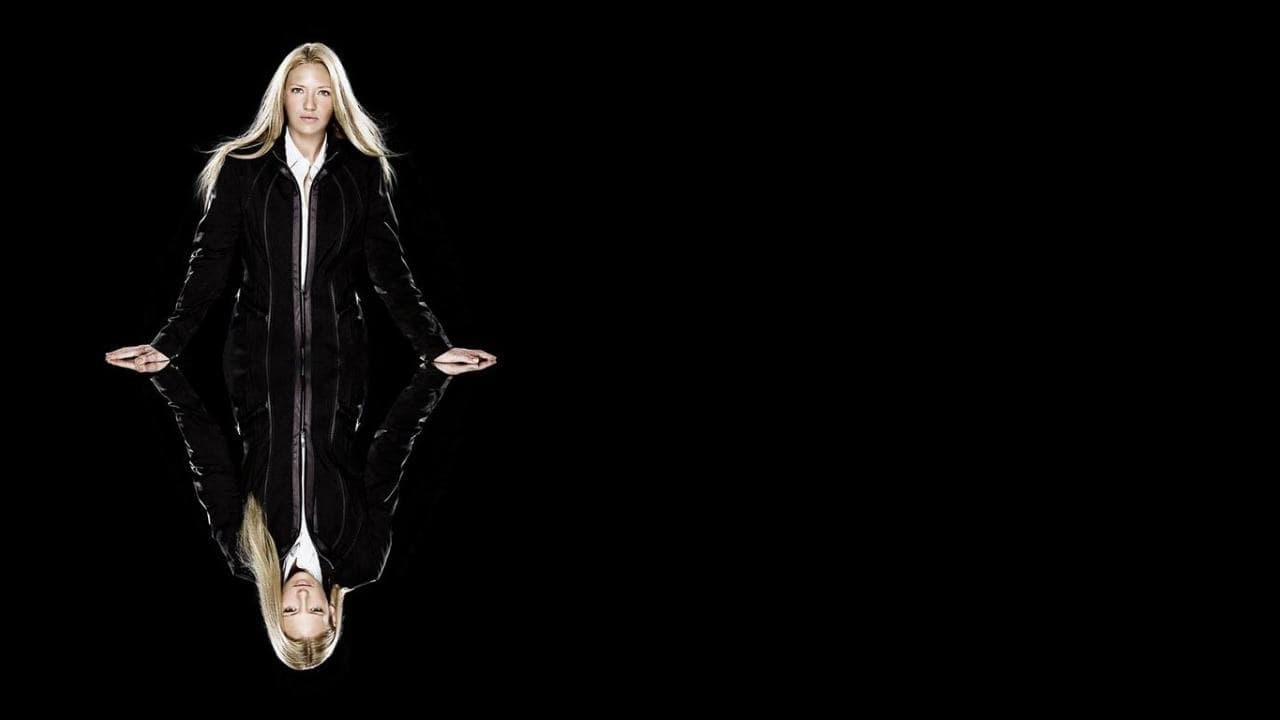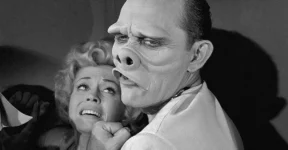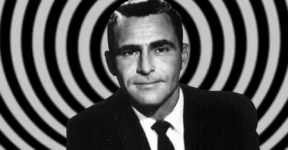In the likelihood that you don’t know what Fringe TV show is all about (which would be quite a bummer, really), let’s revisit the basics first. As the unhinged brainchild of J. J. Abrams, Alex Kurtzman, and Roberto Orci, Fringe comes out as a strange mixture of The X-Files, a bit of The Twilight Zone, and a pretty generous dose of Mary Shelley’s Frankenstein. It has everything sci-fi fans would absolutely adore: alternate realities, complex conspiracies, monsters, mutants, and of course, time travel. There’s no hard sci-fi in Fringe, as everything is borderline absurdity, but it does everything with a real sense of self-awareness. It might be ridiculous at times, and that’s why it’s fun. Bottom line is, don’t take the show too seriously; otherwise, you’ll miss all the good stuff it offers. FBI Agent Olivia Dunham is at the forefront of the Fringe team comprising a mad scientist, an assistant, the scientist’s son (who apparently is from an alternate universe), and their leader Philip Broyles.

Their primary duty is to understand every mysterious, seemingly unexplainable, weird, life-threatening situation that might (or might not) be originating from this world. Everyone plays a major role, but the focus has been mostly about Olivia – a smart, determined, powerful, and an all-around remarkable person. She’s out there solving puzzles, chasing clues, fighting many creepy creatures, and saving lives – even when those lives say they don’t want to be saved. She is everything you could ever want in a leading role.
Right at the beginning of the series, you’re presented with a straightforward heroine with a willingness to risk her own life and go to extra lengths to save the life of her partner. Encountering a series of obstacles along the way, Olivia proves she has what it takes to overcome every single one of them. But then again, that’s what every superhero does.
What sets her apart from a clinical superhero character is that Olivia remains a truly emotional person in everything she does. This is really important here because a lot of female characters, whether in small or big screen, are often portrayed or defined by their feelings rather than their abilities to get the jobs done. Fringe does Olivia justice by making her just as powerful as typical heroes, but without taking away the emotional side.
Although women do process emotions slightly differently from men, it’s nothing but a biological distinction and in no way determines whether women are better than men, vice versa. That being said, the society at large is still stuck with the idea that women’s tendency to lose control over their emotions is a glaring weakness. It’s probably the reason in films and TV shows, men are often encouraged to talk about their feelings in a rather spontaneous or comedic way, but women are only likely to do so when there are many eventful series of sequences leading to an emotional discussion. And when the opposite happens, the woman is having a somewhat odd characteristic that separates her from “typical” women. She will be portrayed as ice-cold or reclusive.
Emotion (or being emotional) is most commonly considered a “uniquely” female trait, as if an ordinary man can’t be emotional either. Apart from being insulting to women, the depiction is outright a mistake. In a way, it suggests that a woman can only transform into a strong character if she’s somehow able to keep her girly emotions at bay.
Olivia Dunham begs to differ. Even before halfway through Season 1, she admits to being an emotional person. She also realizes the fact that some people might think she acts probably too emotionally for her own good. But those people are plain wrong because Olivia treats and actually uses emotion as part of her job. Being emotional allows her to stand in other people’s shoes and understand them better. It’s not always comfortable or particularly enjoyable, but that’s what makes her a reliable FBI agent, especially when her job is to investigate weird cases where victims might say hard-to-believe testimonies. Fringe makes us see emotions are an important part that makes us humans, a peculiarity that separates humans from other species, and the message is beautifully delivered by Olivia Dunham through her exploits.
We think emotion is Olivia’s both strength and vulnerability. During her early days in the show, she is depicted as fresh, happy, life’s good characters, but then it all changes following the revelation about everything weird that has been going on in the world. You can almost say that her naivete is slowly shattered to pieces with every new mystery. But it doesn’t diminish her quality as a character; if anything, the realization strengthens the balance between her cool determination, ability to empathize and sympathize, open-mindedness, practical approaches to problems, and vulnerability. It’s quite a relief that the show stays away from putting Olivia as the typical love interest for the leading male protagonists as well.
Can you name any other leading female protagonists in sci-fi shows? Who do you think are the greatest female super villains in comics, TVs, and films? We’d love to hear from you.
Other Things You Might Want to Know
If you like the Fringe, you might also like the following series:
- Alias
- Evil
- Stranger Things
- Person of Interest
- Orphan Black
- The X-Files
- Severance
- Mindhunter
Why was the Fringe canceled?
It’s the classic reason again: low rating combined with the increasingly expensive production cost. The series was already dealing with decreased viewership by Season 3, but it soldiered on despite having been moved to what’s known as Fox’s “Friday Night death slot,” usually reserved for low-performing shows. As it reached Season 5, the diminishing return became an inevitability, so the network decided not to renew it for another season.
Are there any books to complement the series?
There are actually quite several books as parts of the series, including:
- Fringe Comics (six issues)
- Tales from the Fringe comic series
- Beyond the Fringe (comic series, with 12 individual chapters)
- September’s Notebook — The Bishop Paradox (an encyclopedia)
- Prequel novels (The Zodiac Paradox, The Burning Man, and Sins of the Father)
Check out other articles by month:







